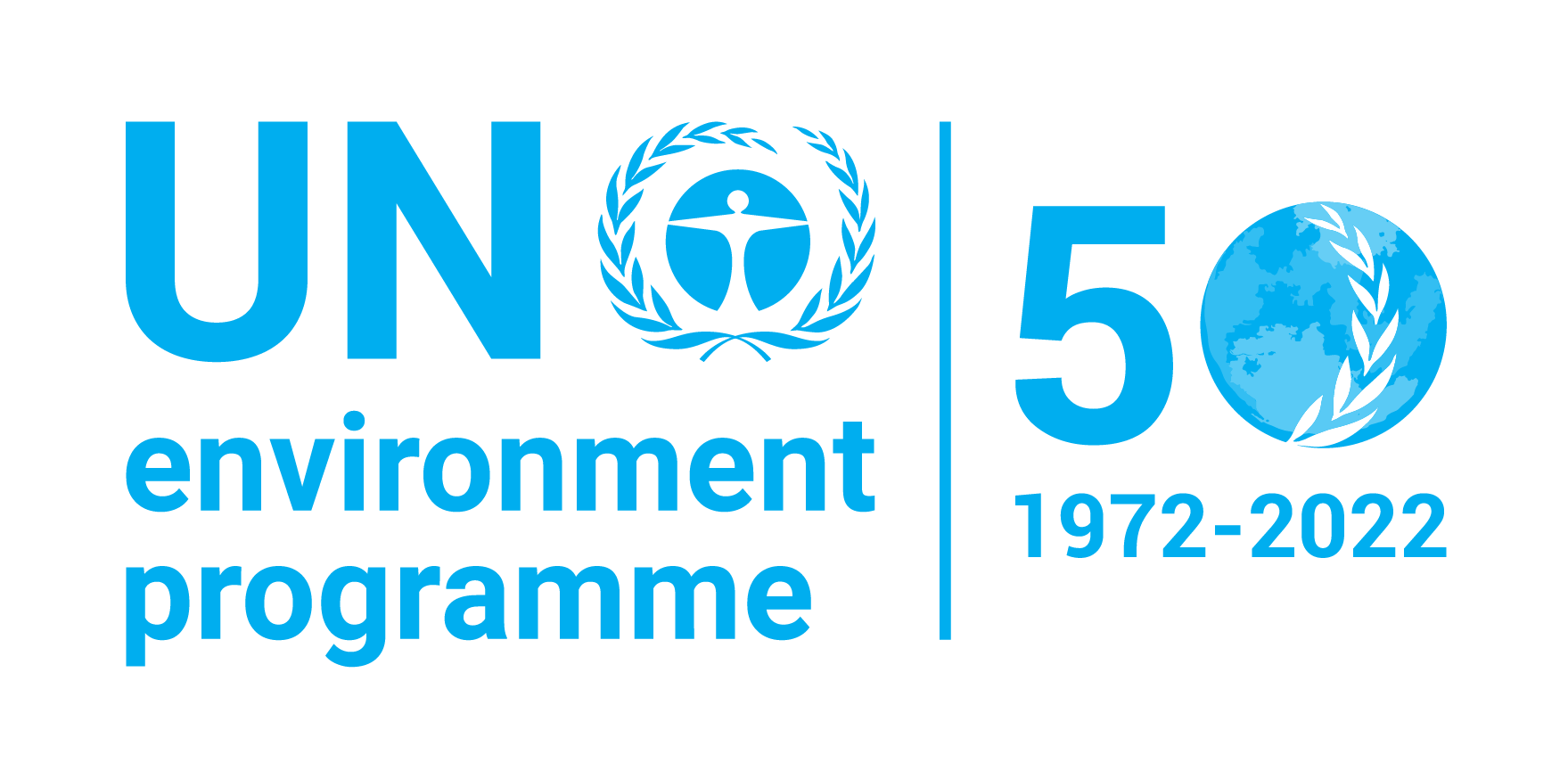| dc.contributor | Economy Division | en_US |
| dc.contributor.author | United Nations Environment Programme | en_US |
| dc.contributor.author | ICLEI – Local Governments for Sustainability | en_US |
| dc.contributor.author | Varanasi Nagar Nigam | en_US |
| dc.coverage.spatial | India | en_US |
| dc.date.accessioned | 2020-01-31T06:55:30Z | |
| dc.date.available | 2020-01-31T06:55:30Z | |
| dc.date.issued | 2018 | |
| dc.identifier.uri | http://hdl.handle.net/20.500.11822/31291 | |
| dc.description | With a population close to 1.3 million, Varanasi city generates roughly 445 tonnes per day of municipal solid waste. The city is a major religious center and hence attracts significant numbers of tourists; 25,000 pilgrims visit the city every day. As increased waste generation causing several problems, environmentally sound waste management plays a key role in social, cultural, and economic activities of the city. In order to strengthen solid waste management in the city, this “Holistic Waste Management Strategy for Varanasi City” has prepared, with support from the UNEP International Environmental Technology Centre (IETC) and ICLEI – Local Governments for Sustainability, South Asia. The holistic approach to waste management shuns the traditional approach towards sectoral management of waste and promotes maximum resource utilization, improved efficiency and thereby taking a step towards circular economy. | en_US |
| dc.format | Text | en_US |
| dc.language | English | en_US |
| dc.rights | Public | en_US |
| dc.subject | WASTE MANAGEMENT | en_US |
| dc.subject | SOLID WASTE MANAGEMENT | en_US |
| dc.title | Holistic Waste Management Strategy for Varanasi City | en_US |
| dc.type | Reports and Books | en_US |
| wd.identifier.sdg | SDG 3 - Good Health and Well-being | en_US |
| wd.tags | Waste management | en_US |
| wd.topics | Chemicals & waste | en_US |
| wd.identifier.pagesnumber | 40 p. | en_US |


